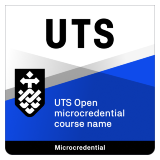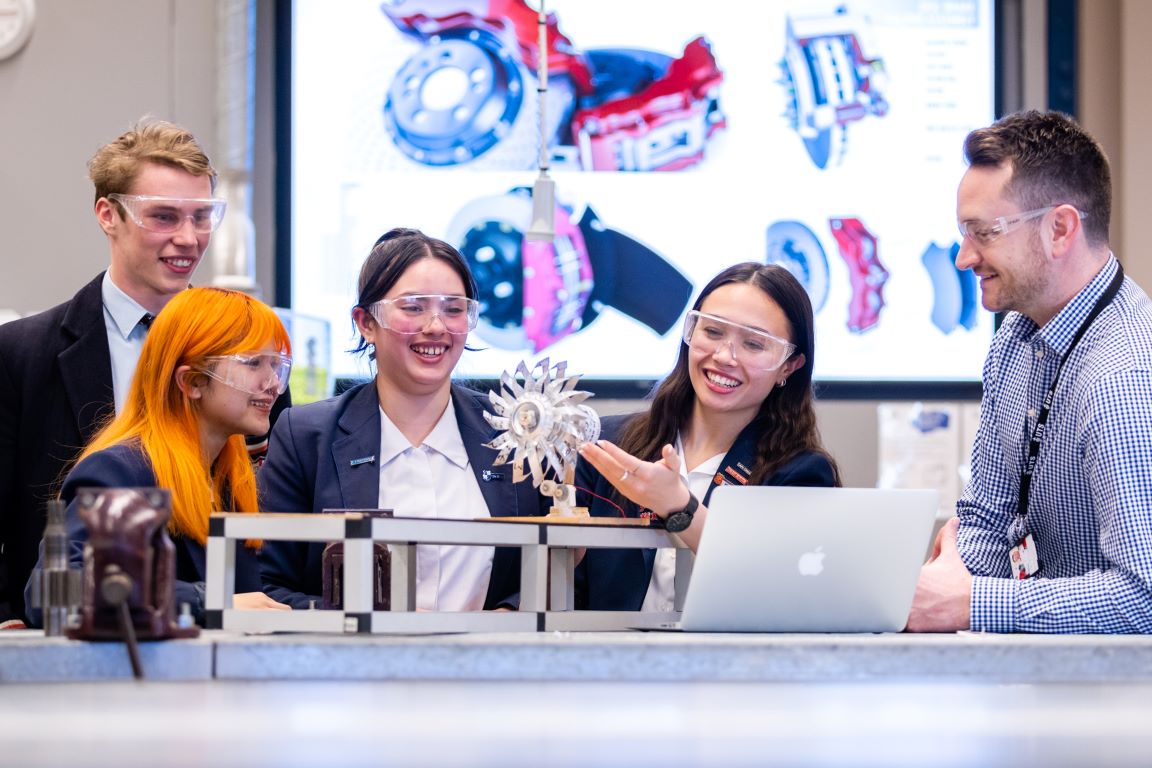This course is structured into 8 modules. Each module includes self-paced pre-session and post-session activities for participants to complete, supported by weekly live online sessions.
Module 1 – Introduction & Truss Analysis
Develop analytical mathematical problem-solving knowledge and skills for effective truss analysis.
Module 2 – Shear Force, Bending Moments & Concrete
Develop analytical mathematical problem-solving knowledge and skills for shear force, bending moments and relationship of material properties of concrete.
Module 3 – Friction, Work Power Energy
Develop analytical mathematical problem-solving knowledge and skills for friction and work, power, energy.
Module 4 – Aluminium Alloys & Corrosion
Develop material science knowledge and skills within the Aeronautical Engineering module.
Module 5 – Aerospace Calculations & Sectioning
Develop analytical mathematical problem-solving knowledge and skills for aerospace calculations. Develop graphical problem-solving skills for sectioning.
Module 6 – Telecommunications Technology
Develop knowledge of technological change in telecommunications.
Module 7 – Telecommunications Materials & Assembly Drawings
Develop material science knowledge and skills within telecommunications and graphical methods for solving complex assembly drawings.
Module 8 – Transition Pieces
Develop graphical problem-solving skills for transition pieces.
Course delivery
This course will include a combination of self-paced learning and live webinar sessions. Participants will complete four hours of self-guided work per week, with two hours allocated to the live sessions, where there will be opportunities for participants to collaborate in ‘breakout’ rooms to develop topic knowledge and skills.
Participants will be working with a dedicated course facilitator who will support learning and engagement online. Teaching resources have been designed by a lead academic and a team of experts from the UTS Faculty of Engineering and IT.


















